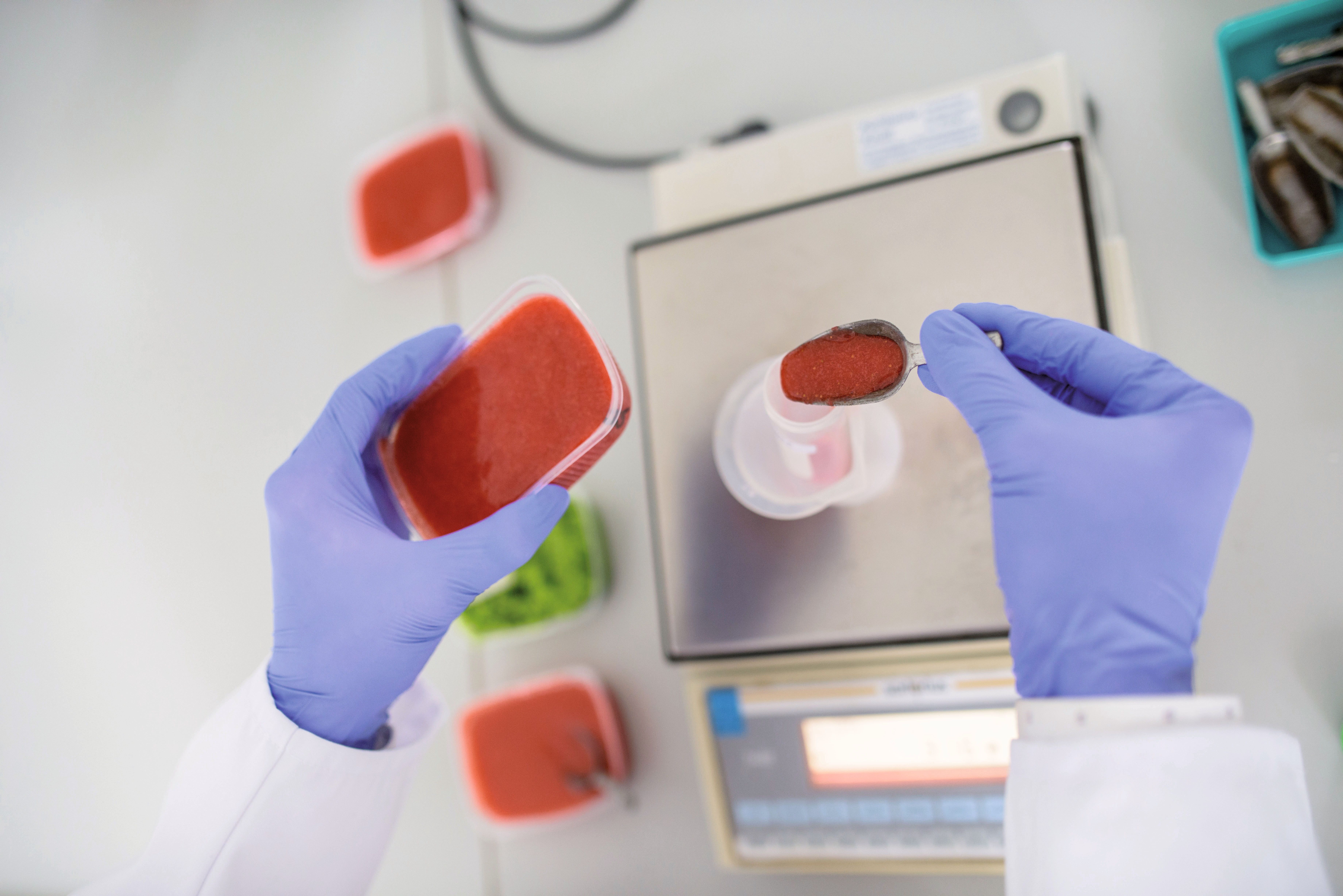Chemical engineering
Chemical engineering deals with the processing and conversion of substances. Engineers in this field translate the scientific findings of chemistry into efficient processes for industry.

Overview of the academic discipline
Plastics, varnishes, paints, detergents, medicines: without chemical engineers, these everyday products would be unimaginable. Or at least they would not be available in sufficient quantities. Chemical engineers investigate and optimize the chemical and physical processes that take place in the operational and laboratory facilities of the chemical industry. Together with chemists who are responsible for the development of new products, they define the requirements for new processes and plants and are actively involved in their subsequent development.
A special position within chemical engineering is occupied by pharmaceutical engineering, which teaches the same basic principles and techniques, but uses them specifically in the pharmaceutical environment, for example in the manufacture of medicines.
Which topics are included in the curriculum?
To gain a basic understanding of chemical engineering, students acquire knowledge of material properties, reaction mechanisms and analytical methods, as well as thermodynamic behavior and the design and operation of apparatus and equipment for processing. In practice, this means a variety of chemistry modules such as inorganic chemistry, physical chemistry and organic chemistry.
Pharmaceutical technicians also deal with microbiology, dosage form theory, pharmaceutical biochemistry, drug law and pharmaceutical technology. Both engineering courses have a high practical component with many laboratory internships.
What are the requirements?
In some cases, an industrial internship must be completed during the first semester - if you want to use the lecture-free time for other purposes, you should start it before the beginning of your studies. Important school subjects are chemistry, mathematics, physics and English.
What study programmes are there to choose from?
Chemical engineering and pharmaceutical engineering can be studied at universities and universities of applied sciences, both undergraduate and postgraduate. Dual study programs are also increasingly found in this field.
Many courses are simply called “chemical engineering” or “pharmaceutical engineering”. Courses such as “Process Engineering / Chemical Engineering” or “Pharmaceutical Biotechnology” show the close relationship to the fields of biotechnology and process engineering.
Unlike the mostly generalist Bachelor's degree courses, Master's degree courses often focus on specific sectors or industries, for example in the form of “Sustainable Textiles” or “Computational Chemistry”.
What job opportunities are there after graduation?
Chemical engineering graduates work primarily in the operational and laboratory facilities of the chemical industry. They develop or optimize measurement and production processes, ensure the economic operation of the plants and the quality of the products. In technical customer service, for example, they look after chemical production plants and ensure their safe operation. When working in sales, they advise customers and create concepts and offers. In addition, there are also fields of activity in research and teaching or as experts.
Pharmaceutical engineers plan and manage manufacturing processes in pharmaceutical companies from a technical, economic and ecological perspective. There are also fields of activity in quality assurance, commercial management, customer service, purchasing and sales.
